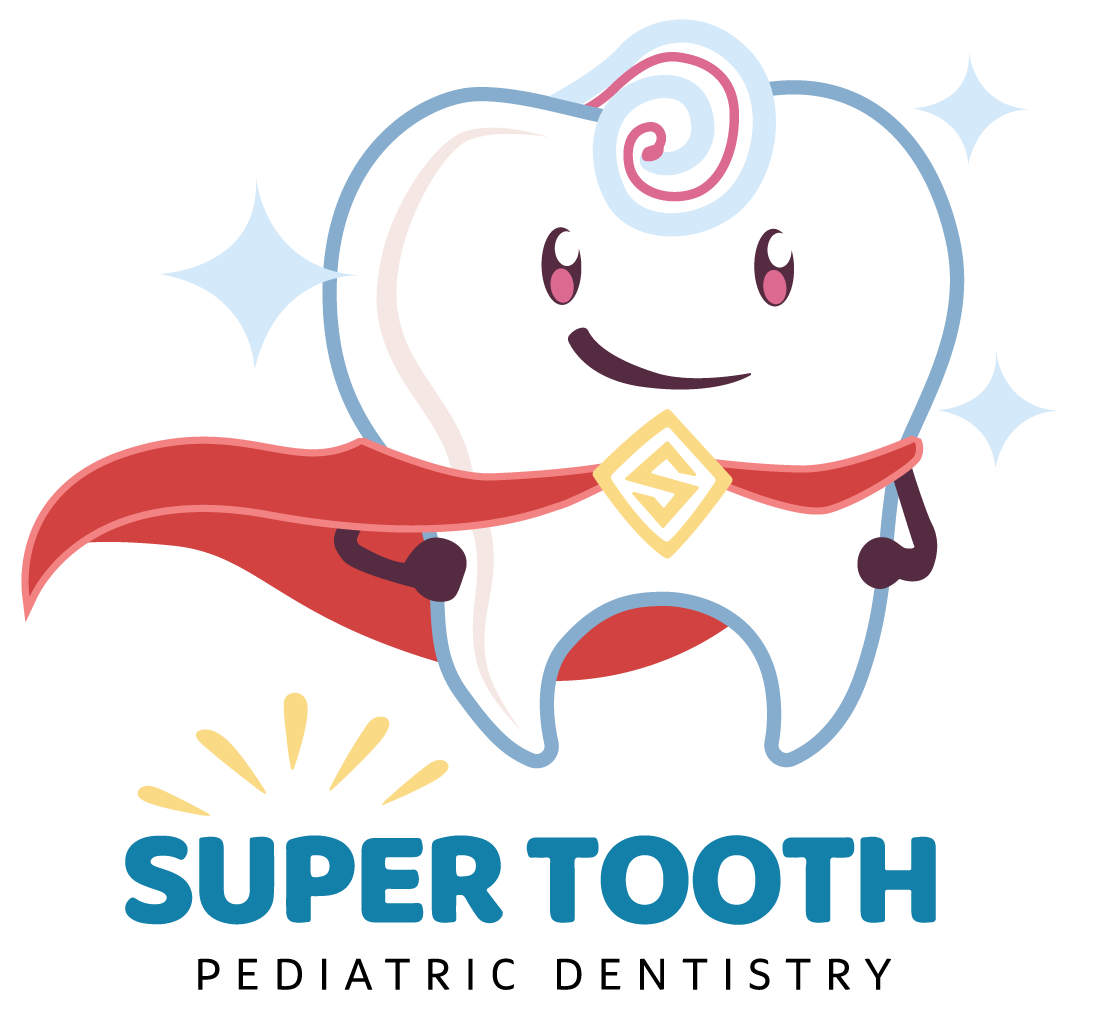Breaking the Habit: The Impact of Thumb Sucking and Pacifiers on Your Child's Dental Health
Dental Effects of Thumb Sucking and Pacifier Use
Hear From Dr. Robyn Ivker, E. Norriton, PA's Top Dentist for Kids
As a dedicated pediatric dentist practice serving the East Norriton, PA community, we recognize the significance of addressing common childhood habits early to ensure optimal dental development. In this article, we'll delve into the effects of thumb sucking and pacifier use on your child's dental health, offering valuable insights and practical advice for parents.
Thumb Sucking: Dental Effects on Growing Smiles
Thumb sucking is a natural reflex for infants and young children, providing comfort and security. However, prolonged thumb sucking can have detrimental effects on dental development. When a child sucks their thumb vigorously or for extended periods, it can lead to malocclusion, or misalignment of the teeth. This misalignment can cause problems with biting, chewing, and speech development. Additionally, thumb sucking can alter the shape of the palate, leading to issues with the alignment of the upper and lower jaws.
Pacifier Use: Dental Effects on Growing Smiles
Pacifiers are another common soothing mechanism for infants, but like thumb sucking, prolonged pacifier use can impact dental development. Similar to thumb sucking, pacifier use can cause malocclusion and changes in the shape of the palate. If a child continues to use a pacifier beyond infancy, it can affect the development of the bite and jaw alignment, leading to potential dental issues later in life.
Breaking the Habit: Advice for Parents
As parents, it's essential to address thumb sucking and pacifier use early to prevent long-term dental problems. Here are some strategies for helping your child break these habits:
- Positive reinforcement: Offer praise and encouragement when your child refrains from thumb sucking or using a pacifier. Positive reinforcement can help motivate them to break the habit.
- Offer alternatives: Provide your child with alternative comfort objects or activities to replace thumb sucking or pacifier use. This could include a favorite stuffed animal or blanket, or engaging in a calming activity like reading a book or listening to music.
- Gentle reminders: Instead of scolding or punishing your child for thumb sucking or pacifier use, gently remind them to stop when you notice the behavior. Over time, consistent reminders can help reinforce the habit-breaking process.
- Specialized products or techniques: Consider using specialized products or techniques designed to help children break the habit of thumb sucking or pacifier use. For example, thumb guards can prevent thumb sucking by making it uncomfortable to suck the thumb, while pacifier weaning strategies gradually reduce pacifier use over time.
Preventing Long-Term Dental Issues in Children
By addressing thumb sucking and pacifier use early, you can help prevent long-term dental issues for your child. Early intervention is key to ensuring healthy dental development and avoiding more severe problems down the road. Regular dental check-ups with Dr. Robyn Ivker at Super Tooth Pediatric Dentistry is also essential for monitoring your child's dental health and addressing any concerns as they arise.
Trust Dr. Robyn Ivker in E Norriton, PA With Your Child's Smile
At Super Tooth Pediatric Dentistry in East Norriton, PA, we're here to support you and your child on the journey to optimal dental health. By understanding the impact of thumb sucking and pacifier use on dental development and taking proactive steps to address these habits, you can help set your child up for a lifetime of healthy smiles. If you have any questions or concerns about your child's dental health, don't hesitate to reach out to our friendly team in E. Norriton, PA at Super Tooth Pediatric Dentistry. We're here to help!
